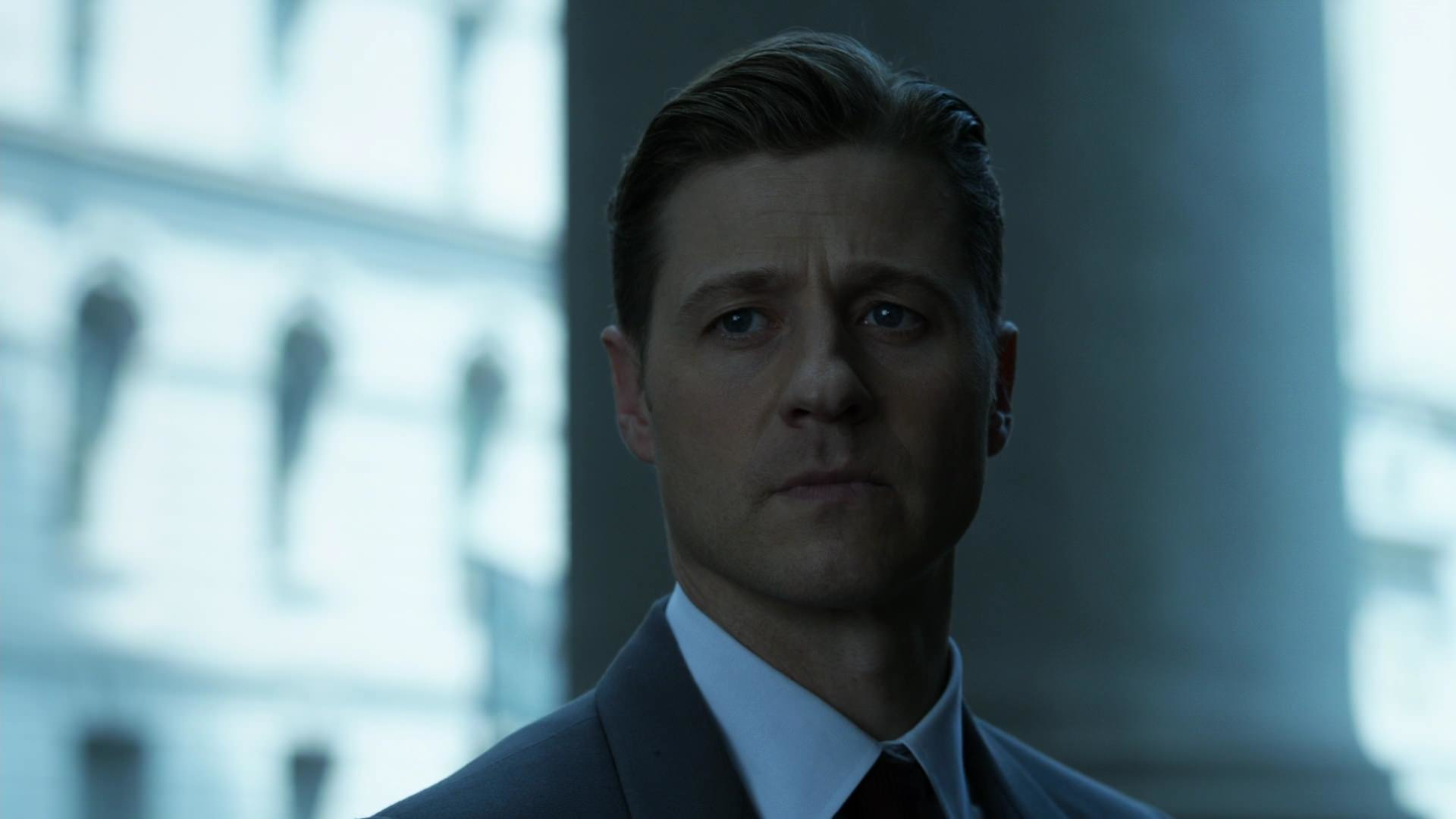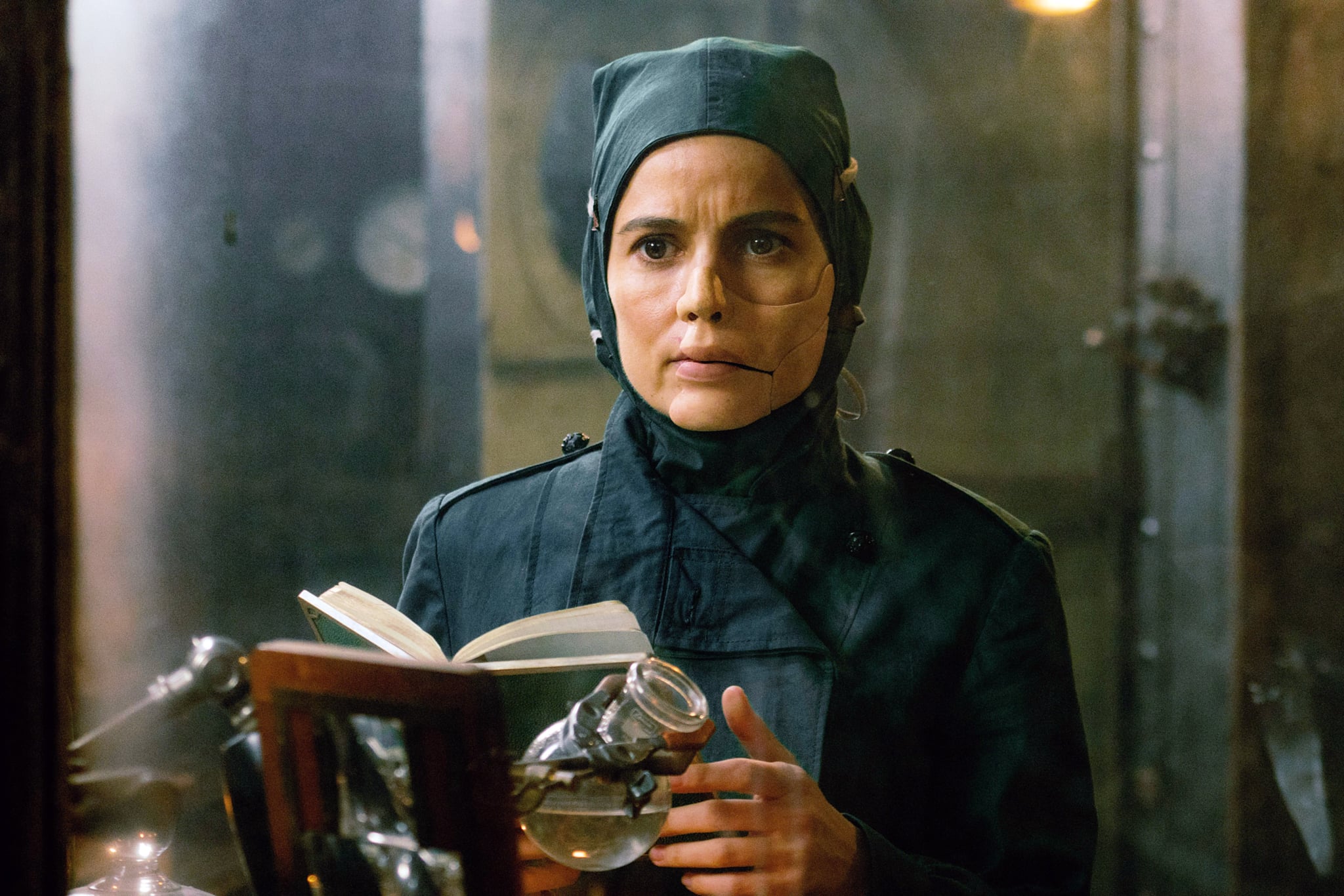
I recently saw Happy Death Day. Be warned, spoilers are included in this post.
I thought it was an interesting premise. A college student (Theresa) is murdered and forced to relive the day of her murder repeatedly until she figures out who killed her. The movie managed to pull off a clever plot twist. At the beginning, Theresa’s roommate presents her with a cupcake and gets upset that Theresa won’t eat it. I didn’t pay the scene full attention each time Theresa relived it because it became clear that a deranged serial killer murdered her later in the movie.
Finally, she managed to kill him. But later that night she still died, poisoned in her sleep. Turns out that she ate the cupcake in the latest iteration of the day she died. And that cupcake was poisoned. The movie ended with Theresa killing her roommate by shoving the poisoned cupcake in her mouth.
While the plot was clever, I didn’t find the characters as fully developed as they could have been. This was truest for Theresa. I think the writers gave her too many sub-plots: her relationship with her dad, her illicit relationship with her professor, and of course her relationship to Carter. I think it would have been more effective if it had picked one of these and focused. For example, I was fascinated with how her relationship deteriorated with her dad. I would have been emotionally invested in seeing periodic flashbacks to their father-daughter relationship.
Overall, while Happy Death Day wasn’t the greatest movie ever, it was certainly entertaining.






